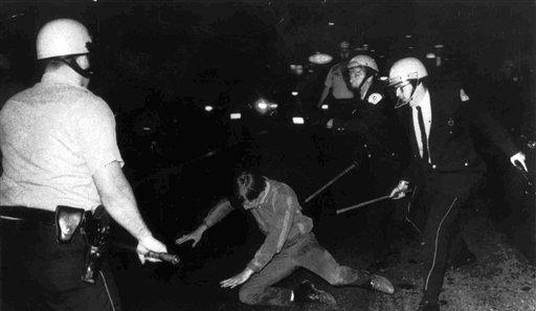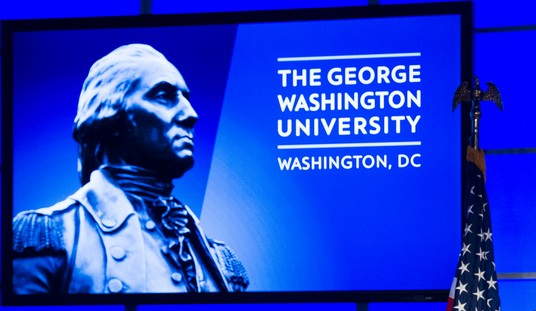In practical terms, the big takeaway from this story is that if you are going to commit a crime, leave your cellphone at home.
Yesterday the 11th Circuit Court of Appeals decided that law enforcement agents do not need a search warrant to get cellphone location records from your cell phone service provider. The court ruled that “authorities properly got 67 days’ worth of records from MetroPCS for Miami robbery suspect Quartavious Davis using a court order with a lower burden of proof.”
In a 9-2 decision, the court found that there was no expectation of privacy as to your historical location records. Mr. Davis was convicted by using his cell phone’s location data, resulting in a 162-year prison sentence.
I am not a lawyer, so I don’t understand why there would be lower cause threshold to obtain digital records from a third party than there is to search your house and read your diary to find out where you’ve been. Is it because a third party is involved? Can authorities now get your Facebook posts without a warrant? Your Gmail account? Anything stored in the cloud? (DO NOT STORE YOUR DATA IN THE CLOUD!)
“We find no reason to conclude that cellphone users lack facts about the functions of cell towers or about telephone providers’ recording cell tower usage,” Hull wrote. “This cell tower method of call connecting does not require a different constitutional result just because the telephone company has decided to automate wirelessly.”
There was some notable dissent.
Two judges dissented, contending the Fourth Amendment requires probable cause and a search warrant for such records and some judges in the majority agreed in separate opinions that the U.S. Supreme Court should make the ultimate decision. Davis attorney David O. Markus said the dissent could provide a “roadmap” for a likely appeal to the high court.
“Unfortunately, the majority is stuck in the early `80s when cell-phones were the size of bricks and cost $3,000. The cases from that long-ago era aren’t helpful in today’s world,” Markus said.
Markus also described the decision as “breathtaking.”
Several civil liberties groups filed briefs in support of the search warrant requirement: the ACLU, the Reporters Committee for Freedom of the Press, the National Association of Criminal Defense Lawyers, to name a few.
“The majority opinion fails to appreciate the necessity of protecting our privacy in the digital age,” said Nathan Freed Wessler, staff attorney at the Speech, Privacy and Technology Project of the American Civil Liberties Union.
The 11th Circuit Court said that the law governing third party information is clear and that any change would have to come from Congress, which would have to update the laws.








Join the conversation as a VIP Member